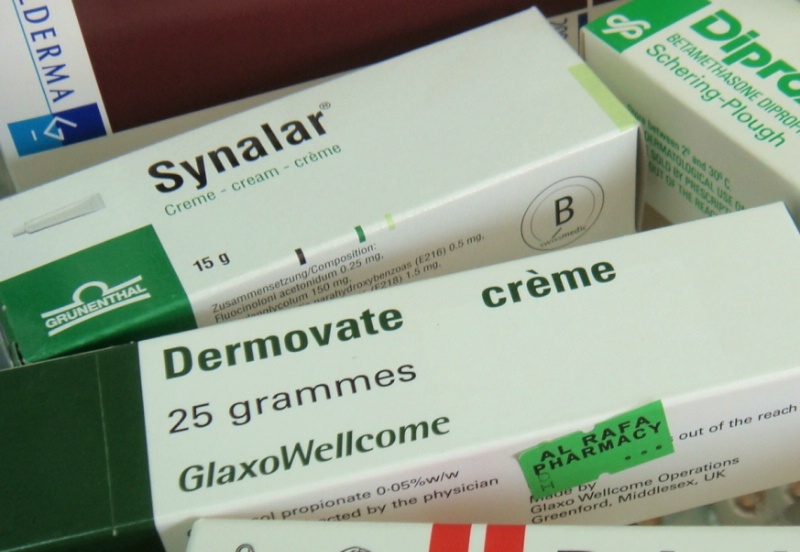Usually psoriasis is not completely curable but it can be controlled to lower the severity. There are several often used means of treatment that include shampoos, ultraviolet light, or medicines as per the doctor’s recommendations. The basis of the treatment measures is to slow down the rapid growth of skin cells and reduce the signs of inflammation.
The treatment type depends upon the type of psoriasis, its severity, and its location, age of the individual and the overall health status of the individual. In some cases, where it becomes hard to treatpsoriasis,your doctor may prescribe different combinations of treatments in order to find what works the best for you. Treatment for severe psoriasis may even continue for the lifetime.
Variouscases of psoriasis can be treated with:
- Moisturizing the skin using various creams, ointments, and lotions. These products should be used after consulting the doctor in order to avoid any side effects.
- Using appropriate shampoos, oils, or sprays as per the doctor’s directions, in order to treat psoriasis in the scalp. The most common ones are tar shampoos, corticosteroid solutions, or zinc and selenium sulfide shampoos.
- Treatment for nails could be difficult but may include some oral medications.
- Appropriate exposure to sunlight (neither more nor less)
- Medications or pills prescribed by your doctor.
- Supplements to help improvise your immune system.
- Phototherapy, which includes exposing the affected regions of skin to special ultraviolet light.
- Dealing with stress in order to improvise immunity.
- By avoiding contact with triggering agents.
Different people respond in different manners to treatment measures. Also in some cases a treatment given once may not be effective the other time. Sometimes, the doctor needs to give rotatory treatment so as to reduce the side effects and to make it more effective.
Medications for Psoriasis
Different medications can be prescribed depending upon the severity of psoriasis:
For mild cases, psoriasis may be controlled using over-the-counter medicines like corticosteroid creams. These over the counter medicines can be used to treat smaller patches of psoriasis and a few symptoms like redness, itching, flaking, as well as scaling of the skin and the scalp. These creams also eliminate sores and scales formed due to psoriasis in some cases. Here are a few types of nonprescription products, including corticosteroid creams withtheir active ingredients:
- Coal tars which is found as a constituent of products like Elta Tar as well as Neutrogena T-Gel.
- Salicylic acid which can be availed from pharmacies in the names of Psoriasin Body Wash or as Dermasolve e70.
- Zinc pyrithione which is an active component of products like SkinCure and Derma-Cap. These products are also available other forms like sprays, soaps, or solutions.
- For moderate to severe cases, topical medicines including corticosteroid creams or medicines containing vitamin D such as calcipotriene can be taken, as prescribed by the doctor. Anthralin and tars are some other topical medicines which can be applied in case of psoriasis.
- Occlusion therapy: This involves wrapping the skin after application of medicated creamsmoisturizersor gels. The material used for wrapping could be a fabric or plastic. Occlusion helps in keeping the affected area moist in order to make the medicated creams work in a better way. One must be careful while using steroid creams with the occlusion therapy which should be applied only to small areas and not for many days.
Oral medicines for Psoriasis
Oral medicines should be used for treating moderate to severe psoriasis. Sometimes, shots may also be prescribed instead of tablets.
Biologics
Biologics are the all new and improved methods of treating severe psoriasis or psoriasis that hasn’t improved with the use of other treatment methods. These are similar to the proteins produce by the body. These biologics work by blocking the adverse response of the immune system of the body and prevents from causing signs of psoriasis.
This type of medication is given intravenously (IV) with the help of a needle. Biologic therapies have been proven effective for treating moderate to severe psoriasis during the clinical trials. The major disadvantages of using biologics are that these medicines are expensive with the risk of causing cancer, if used on a long-term basis.

 (1 votes, average: 4.00 out of 5)
(1 votes, average: 4.00 out of 5)